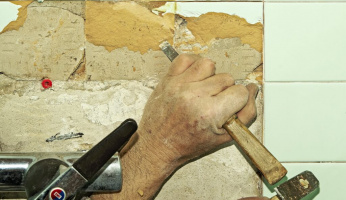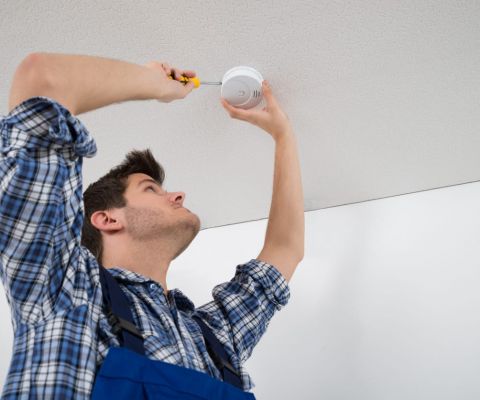- No Obligations
- Stop Paying Too Much For Your Contractor
- No Spam Calling
- Screened & ID Checked Contractors only!
How to Keep Stink Bugs Away
0
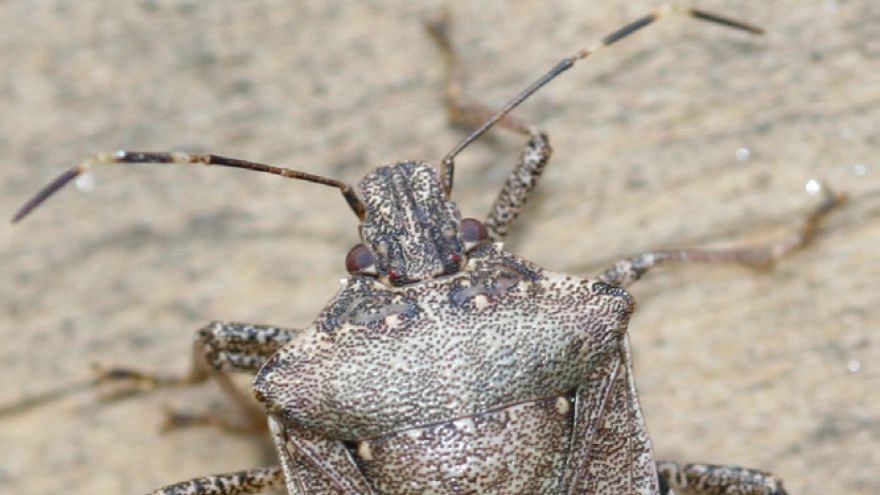 How to Keep Stink Bugs Away
earlyexperts.net
How to Keep Stink Bugs Away
earlyexperts.net
There is no time of year quite like early autumn and markers that the season is on its way are distinct from any other. The leaves begin to change, a cold, crisp air settles in during the evening hours, and Holiday plans begin to form.
But there is another sign that the fall is lurking around the corner that is slightly less pleasant: the arrival of stink bugs.
Stink bugs or Halyomorpha halys, are an invasive species that was brought to the United States from Asia in the mid 90’s. This insect gets its less than elegant name from the odor it tends to give off when crushed.
Stink bugs enter the home seeking refuge when the temperature begins to decline. They burrow there all winter long, and while they are not a property damage or health risk, this house guest quickly outwears its welcome as stink bug sightings in the home increase.
Like ants and termites, stink bugs enter in masses. This makes them rather difficult to control. Their timing is also problematic. By the time you start to see stink bugs around the house, it is often too late to treat for them and efforts at pest control, at this point, are often made in vein.
That said, there are some ways to ward off these intruders, but it is important to start formulating this plan now. Here are our best tips to enact year round for optimal stink bug control.
1. Seal Off the home
Inspect the outside of your home for access points. These will typically be around the home’s siding, utility pipes, chimney, flashing, or decorative fascia and trim work.
All of the above provide opportunities for entry at the point where each meets the surface of the home. These spaces easily widen over time and must be sealed using a high quality silicone or latex caulk.
This is not only good practice to keep pests at bay, but also to protect against water damage and to further insulate the home. It is good idea to steadily maintain these seals regardless if you have a stink bug problem or not.
The same is true of window and storm door screens. Check these each season for tears wide enough for stink bug infiltration. Replace and repair as needed.
Weather stripping on windows and doors can also come loose, break, or tear and should be treated the same way.
Finally, walk the foundation of the home looking for cracks or fissures in the concrete. This goes for the chimney base as well. Should you find any, a quick patch should can go a long way in protecting your home from pests, but these patches will likely reopen each year and should be evaluated for a more permanent fix at some point.
2. Where the Light Is
Like many other insects, stink bugs are attracted to lighting. As the temperatures begin to drop, start to consider which outdoor light fixtures are truly necessary and for how long. Once everyone who lives in your home is safe and sound inside, there is little need for lights to be left on.
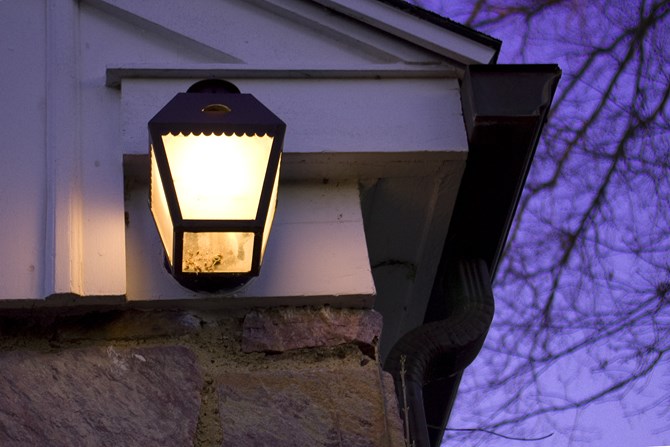
The light cast through open shades on windows can also be enough to draw in stink bugs so be sure to keep shades closed and to turn lights off in unused rooms. When this becomes routine, it will also help with electrical cots.
3. Moisture
Like light, stink bugs are also tend to gravitate towards areas where moisture is present. The more you can eliminate moisture, especially close to your home, the better off you will be.
Check the hose spigots on the outside of your home to make sure they are not leaking. If there is even just a small dribble of water, stink bugs be able to locate the source and tunnel their way through those spigot opening and into the house.
Homes with wells should be especially careful. If you have a well it is not uncommon to occasionally see a stink bug emerge from the faucet when the sink line is opened. Check the source of the well for any exposed water and seal it up as best you can to avoid this.
4. Food Sources
Another way to ensure you are not inadvertently attracting stink bugs is by eliminating any food access they might gain. Store all food in airtight containers. Nothing should be left out on the counter food wise, especially if you are a home with a history of stink bug invasions.

If you compost, be sure you are sealing compost tumblers and keeping it away from the house. Empty any kitchen compost bins, and garbage cans regularly, and always be sure to clean up spills and messes as soon as they happen.
5. Ventilation
For those dark, damp areas of your home, be sure to install proper ventilation methods. This means attics, basements, garages, and any other crawl spaces. A dehumidifier is a simple and inexpensive solution, not only to the problem of pests, but to the mold growth that these environments encourage.
When venting, be aware you are adding an additional point of entry to your home. Put it on the list of places to check each season and seal it off with a strong screen and a bead of caulk.
6. A Clean Yard
A tidy yard can also help you keep out intruders. If it looks like wilderness close to your home, then nature is going to be close to and all the things that come with it, including and definitely not limited to stink bugs.
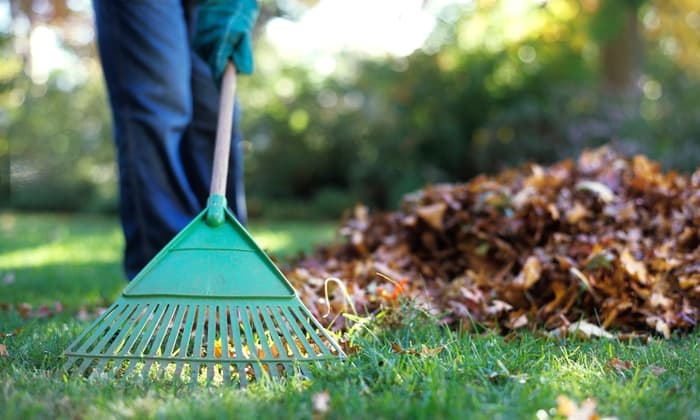
Move all downed branches and brush to a dumping spot far away from the home. Keep trees and bushes trimmed and do your part to keep the grass low and leaves picked up.
If you are a wood burning house, your firewood should be at least 20 feet from the home and off the ground.
7. Instead of Squishing
As winter is ending, it may be too late for you to begin implementing any of the above tactics. That does not mean things are hopeless for you. There is time, once it warms up, to start building your stink bug perimeter.
If you are seeing stink bugs currently, think twice before squishing them. That is, after all, how they got their name. Instead, suck them up in the vacuum and dump them far away from the home. This will, if nothing else, keep the smell at bay.


